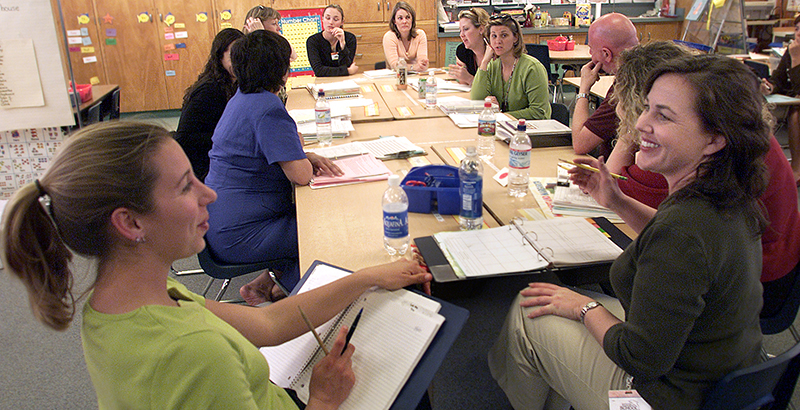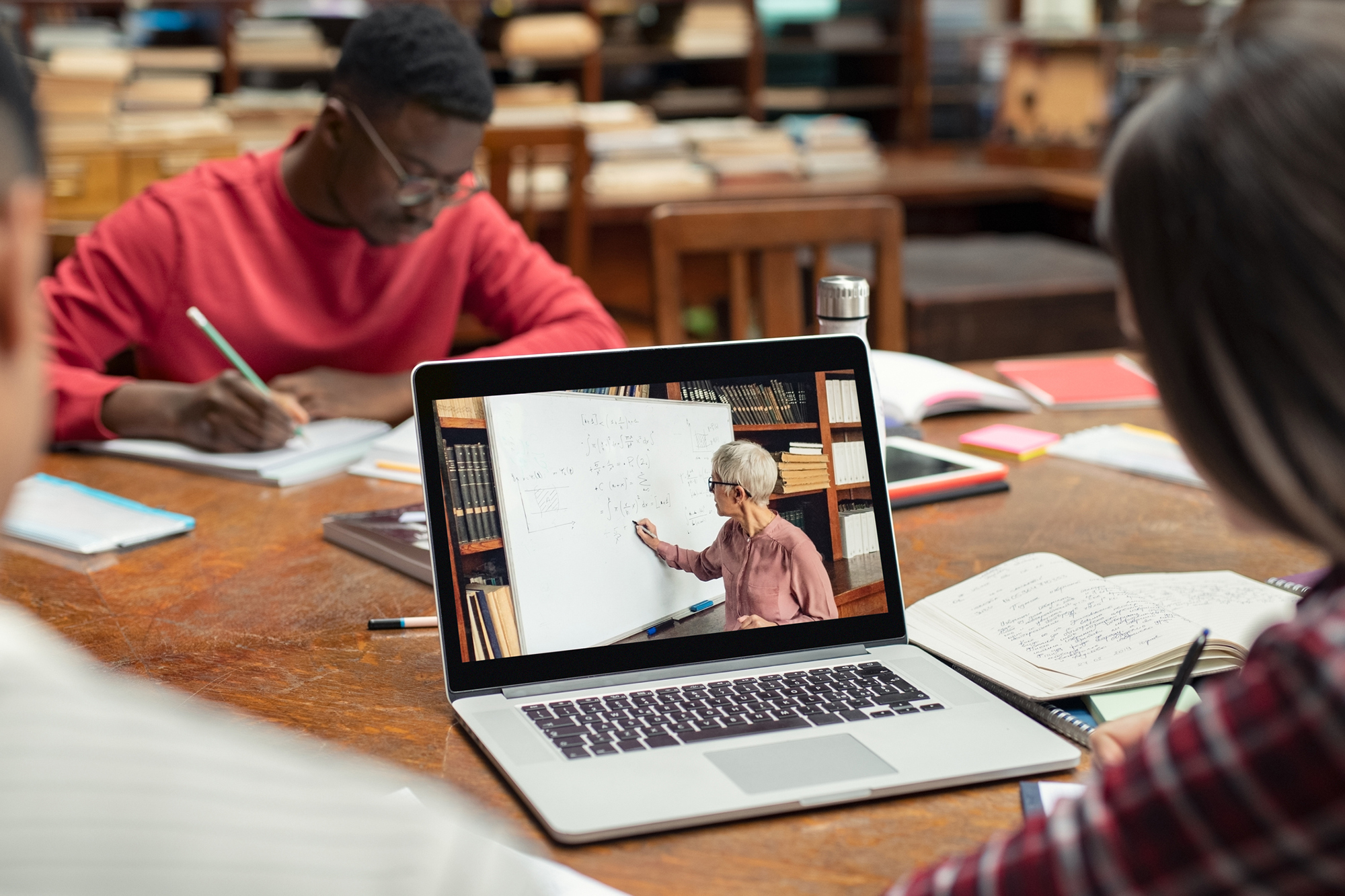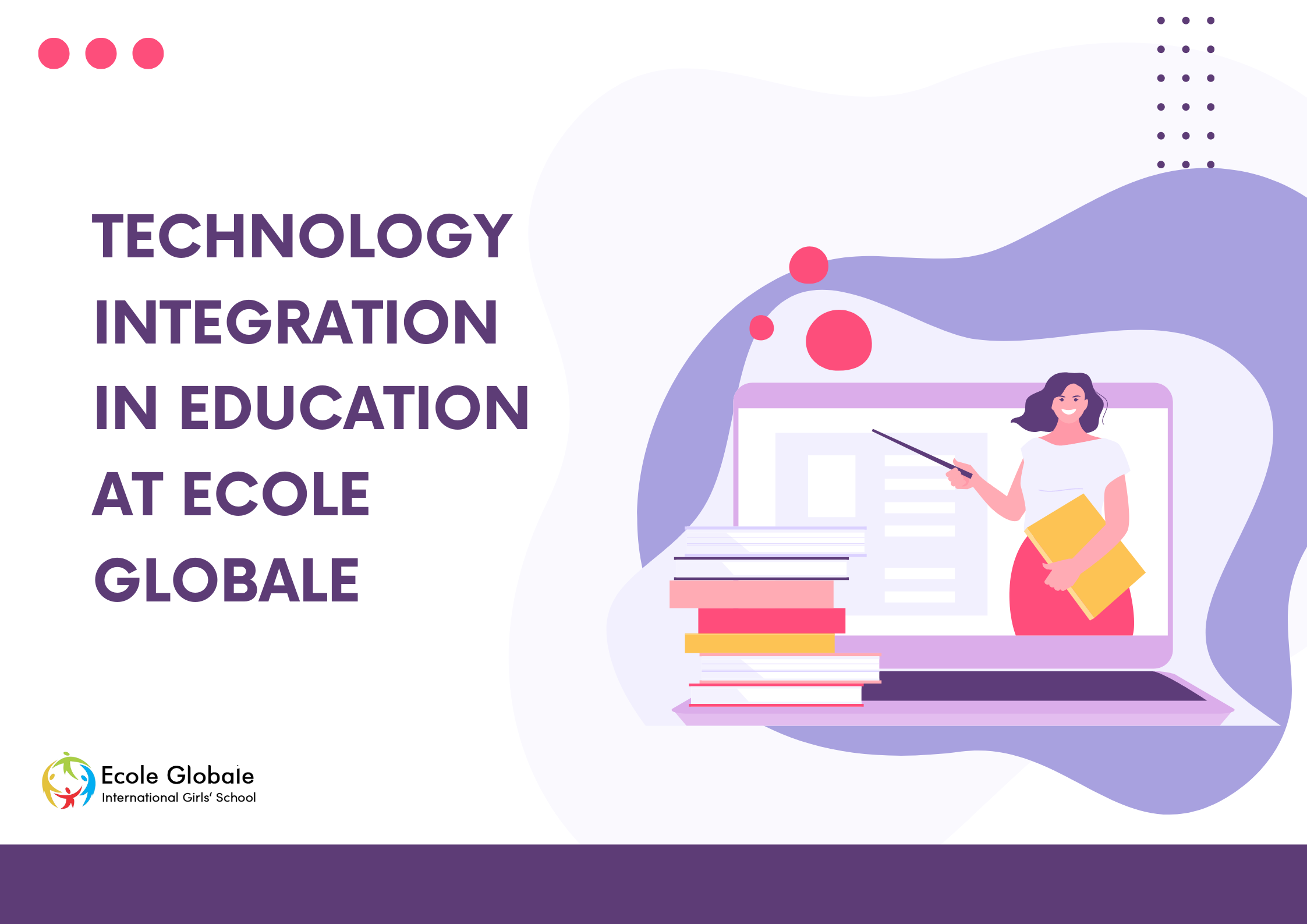In recent years, Dehradun has emerged as a prominent educational hub in India, known for its numerous boarding schools that offer a holistic approach to education and technology integration in education.
With advancements in technology transforming various aspects of society, technology integration in education has become increasingly important. This introduction sets the stage for exploring the current trends in technology integration in education among boarding schools in Dehradun. It highlights the significance of this study in understanding how technology is shaping the educational landscape in one of India’s most renowned educational destinations among the schools in Dehradun.
Current State of Technology Integration in Boarding Schools

Traditionally, boarding schools in Dehradun have relied on conventional teaching methods such as textbooks, lectures, and group discussions. However, with the advent of technology, there has been a gradual shift towards incorporating digital tools and resources in the teaching-learning process.
Dehradun’s boarding schools have been quick to recognize the potential benefits of technology in education, leading to the adoption of various technological initiatives. Despite the enthusiasm for integrating technology, boarding schools face challenges such as limited infrastructure, resistance to change, and the digital divide among students and technology integration in education.
Trends in Technology Integration in Education
Use of Learning Management Systems (LMS):
Learning Management Systems (LMS) have gained popularity in Dehradun’s boarding schools as a comprehensive platform for delivering educational content, managing coursework, and facilitating communication between teachers and students.
Schools have implemented LMS platforms such as Moodle, Google Classroom, and Schoology to streamline administrative tasks, provide access to course materials, and enable online assessments. The flexibility and scalability of LMS make them valuable tools for enhancing the teaching-learning experience in boarding school environments.
Incorporation of Interactive Whiteboards and Projectors:
Interactive whiteboards and projectors have revolutionized classroom instruction by enabling teachers to create dynamic and engaging presentations. These interactive tools allow educators to incorporate multimedia content, interactive quizzes, and real-time annotations into their lessons, enhancing student engagement and participation.
By leveraging interactive whiteboards and projectors, boarding schools in Dehradun are creating immersive learning experiences that cater to diverse learning styles and preferences.
Introduction of Online Assessment Tools:
Online assessment tools have become increasingly prevalent in Dehradun’s boarding schools as a means of evaluating student learning outcomes and progress. From formative quizzes to summative exams, educators are leveraging digital assessment platforms to administer tests, collect data, and analyze student performance.
Online assessments offer several advantages, including instant feedback, adaptive testing, and the ability to track student progress over time. By integrating online assessment tools into their teaching practices, boarding schools are promoting personalized learning and fostering a culture of continuous improvement.
Role of Digital Resources and Content

The availability of digital resources and content has transformed the way educators deliver instruction and engage students in learning. Boarding schools in Dehradun are leveraging a wide range of digital resources, including e-books, educational videos, interactive simulations, and virtual field trips, to enhance the curriculum and enrich the learning experience.
These digital resources provide students with access to up-to-date information, diverse perspectives, and interactive learning opportunities technology integration in education that extend beyond the confines of the traditional classroom. By incorporating digital content into their teaching practices, educators are able to cater to the individual needs and interests of their students, fostering a more dynamic and engaging learning environment.
Professional Development for Teachers

Effective technology integration in education requires ongoing professional development and support for educators. Boarding schools in Dehradun are investing in training programs, workshops, and seminars to empower teachers with the knowledge and skills needed to effectively integrate technology into their teaching practices.
These professional development initiatives cover a wide range of topics, including digital literacy, pedagogical strategies for technology integration, and best practices for using specific digital tools and platforms. By equipping teachers with the necessary training and resources, boarding schools are ensuring that they are prepared to harness the full potential of technology to enhance student learning outcomes.
Impact on Student Learning

Technology integration in education has had a profound impact on student learning outcomes in Dehradun’s boarding schools. Research has shown that technology-enhanced instruction can lead to increased student engagement, improved academic performance, and greater retention of knowledge.
By providing access to interactive learning experiences, digital resources, and personalized feedback, technology empowers students to take ownership of their learning and develop essential 21st-century skills such as critical thinking, collaboration, and digital literacy.
Furthermore, technology enables educators to differentiate instruction, accommodate diverse learning needs, and create inclusive learning environments that support the success of all students.
Challenges and Future Directions

While technology integration in education offers many opportunities for enhancing teaching and learning, it also presents challenges that must be addressed. Boarding schools in Dehradun face obstacles such as inadequate infrastructure, limited access to technology, and resistance to change from stakeholders.
Additionally, ensuring equitable access to technology for all students remains a persistent challenge, particularly in rural and underserved communities. Moving forward, it will be essential for schools to address these challenges through strategic planning, investment in infrastructure, and stakeholder engagement. By overcoming these barriers, boarding schools can continue to innovate and evolve their educational practices to meet the needs of students in the digital age.
Conclusion
Technology integration in education is transforming the way boarding schools in Dehradun teach and students learn. By embracing digital tools and resources, educators are creating dynamic and engaging learning experiences that foster creativity, critical thinking, and collaboration.
While challenges remain, the future of technology integration in Dehradun’s boarding schools is bright, with opportunities for innovation and growth. By continuing to invest in professional development, infrastructure, and equitable access to technology, boarding schools can ensure that they remain at the forefront of educational excellence in the digital age.










